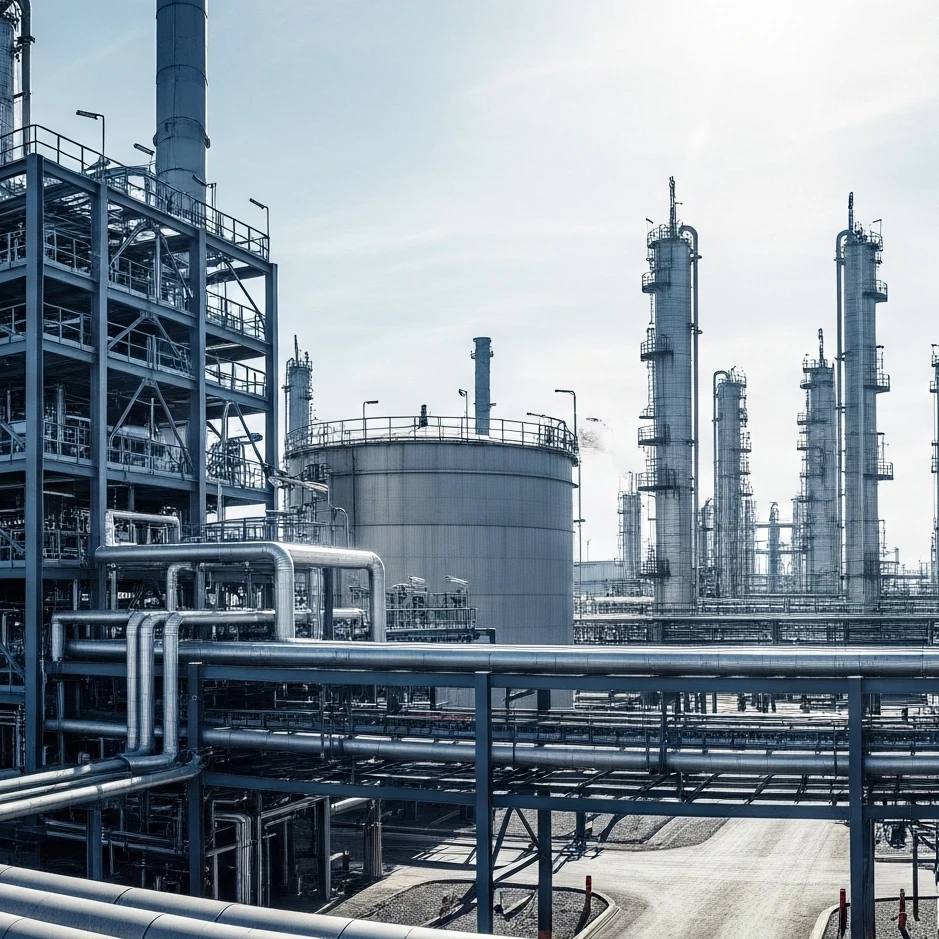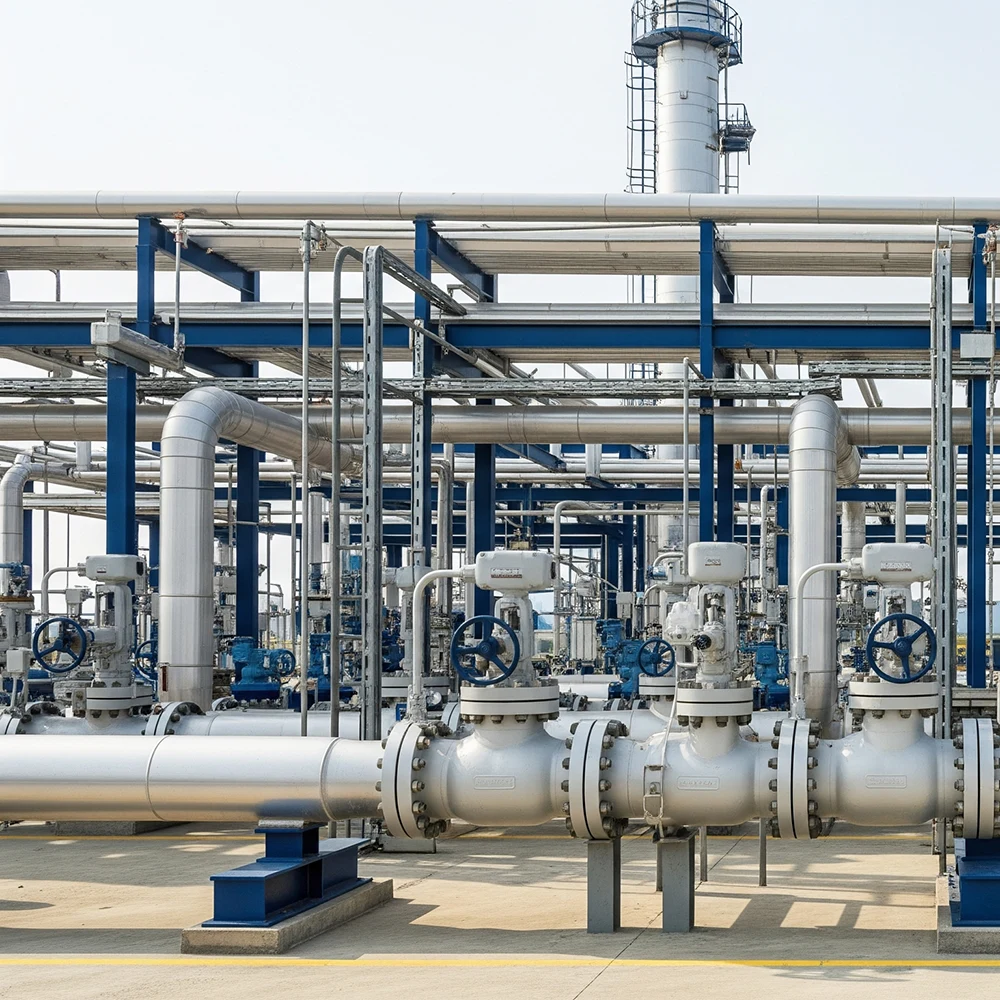Components for Contact with Oil, Gas, and Potable Water
Certified Solutions for Safety and Efficiency
Components intended for contact with oil, gas, and drinking water are essential in various industrial sectors, including oil & gas and water treatment. Safety, quality, and regulatory compliance are critical requirements when dealing with fluids intended for human consumption or used in critical systems. The design and manufacturing of these components demand the use of durable, safe materials capable of maintaining their integrity even in extreme operating environments.
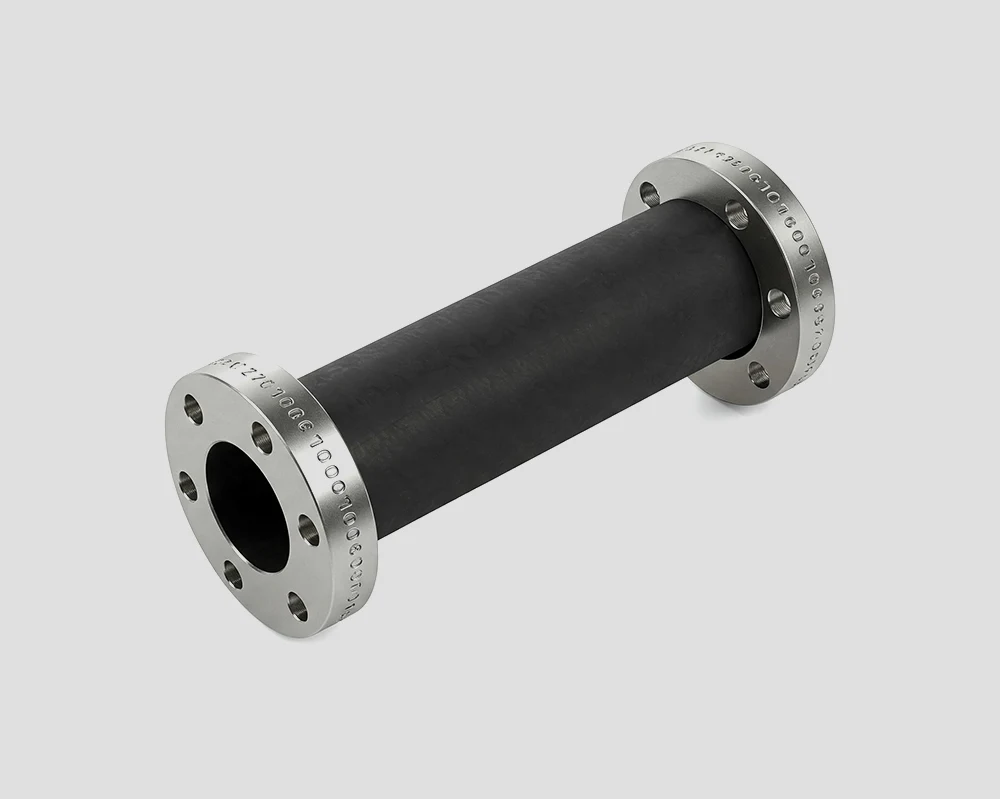
Features of Components for Contact with Oil, Gas, and Drinking Water
Components intended for contact with oil, gas, or drinking water must meet a set of specific requirements to ensure:
- Chemical Resistance:
The components must withstand corrosive effects and chemical reactions resulting from prolonged contact with oils, gases, or water. This is especially important in industrial environments, where exposure to aggressive substances is a common risk.
- Pressure Resistance:
The components must be engineered to withstand the high pressures typically found in industrial systems, such as those in the oil industry and in gas and water distribution networks.
- Resistance to Degradation:
The components must be made from materials that do not deteriorate or degrade over time due to high temperatures, UV exposure, or mechanical stress.
- Safety and Non-Toxicity:
When in contact with drinking water, components must be made from materials that do not release harmful substances. It is especially important that these materials are certified for potable water contact, in compliance with international standards such as NSF/ANSI 61 or the European regulation EN 15664.
Materials Used for Components in Contact with Oil, Gas, and Drinking Water
The choice of materials is crucial to ensure that the components maintain their performance over time without compromising safety. Among the most commonly used materials are:

Elastomers
(Rubber)
Elastomers such as NBR (Nitrile), EPDM, FKM, and Silicone are widely used for seals, O-rings, gaskets, and other components due to their ability to withstand high temperatures, aggressive fluids, oils, and gases.
Standards and Certifications for Components in Contact with Oil, Gas, and Drinking Water
Compliance with regulations is essential to ensure the safety and reliability of components in contact with oil, gas, or drinking water. The main applicable standards are:
Regulations for Drinking Water
NSF/ANSI 61
This certification is mandatory for materials intended for contact with drinking water in the United States. It ensures that the materials do not release harmful substances into the water.
Regulation (CE) n. 1935/2004
In Europe, this regulation governs materials intended for contact with food and drinking water, stating that materials must not release hazardous substances and must be safe for human use.
EN 15664
European regulation that certifies the compatibility of gaskets, materials, and components with drinking water, particularly for water supply systems and pipelines.
Normative per gas e petrolio
API (American Petroleum Institute)
API standards are used to ensure that materials and seals are suitable for the oil and gas industry, capable of withstanding high temperatures, pressure, and corrosive fluids.
ASME (American Society of Mechanical Engineers)
ASME standards are used for the certification of high-pressure components, such as valves and fittings in gas and oil systems.
Quality Certifications
ISO 9001
Certification that ensures the manufacturing processes of the components comply with international quality standards.
ISO 14001
Certification for environmental management, ensuring that the materials used are produced sustainably and with minimal environmental impact.
Applications of Components for Oil, Gas, and Drinking Water
Components intended for contact with oil, gas, and drinking water are used in numerous sectors, including:
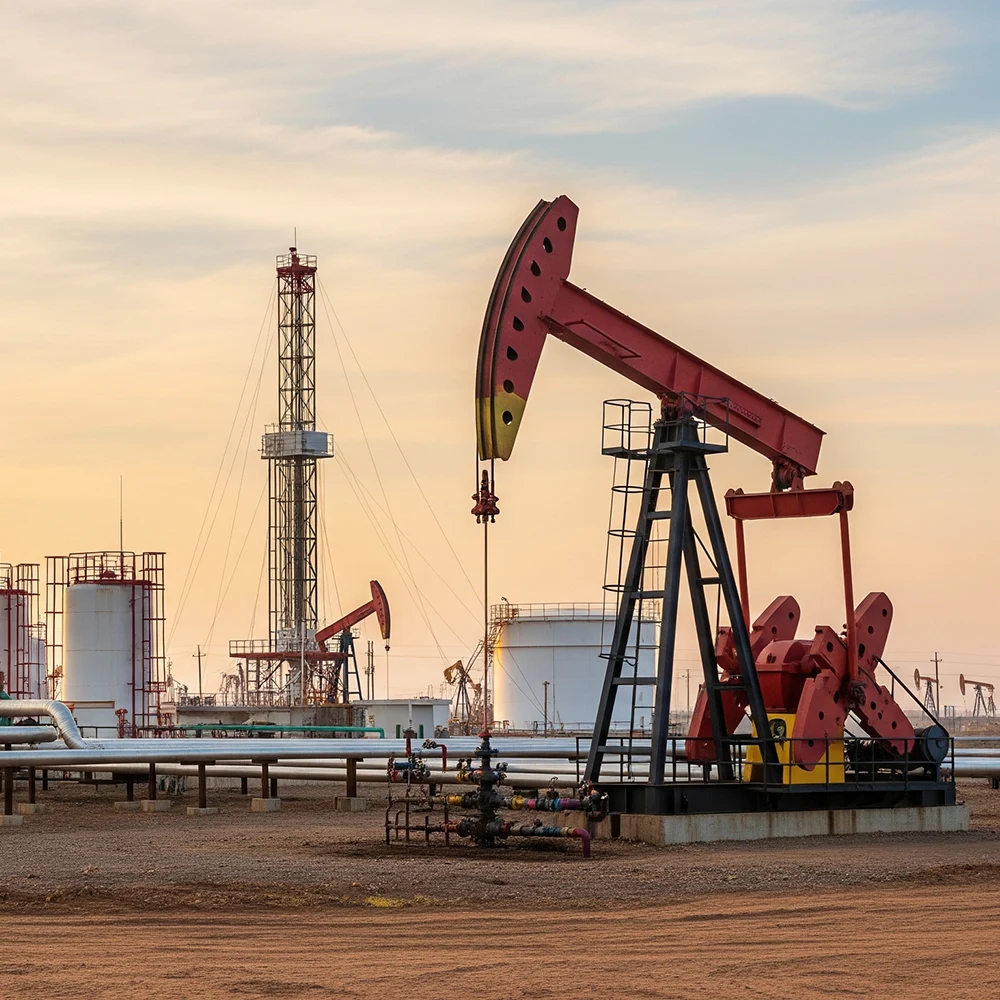
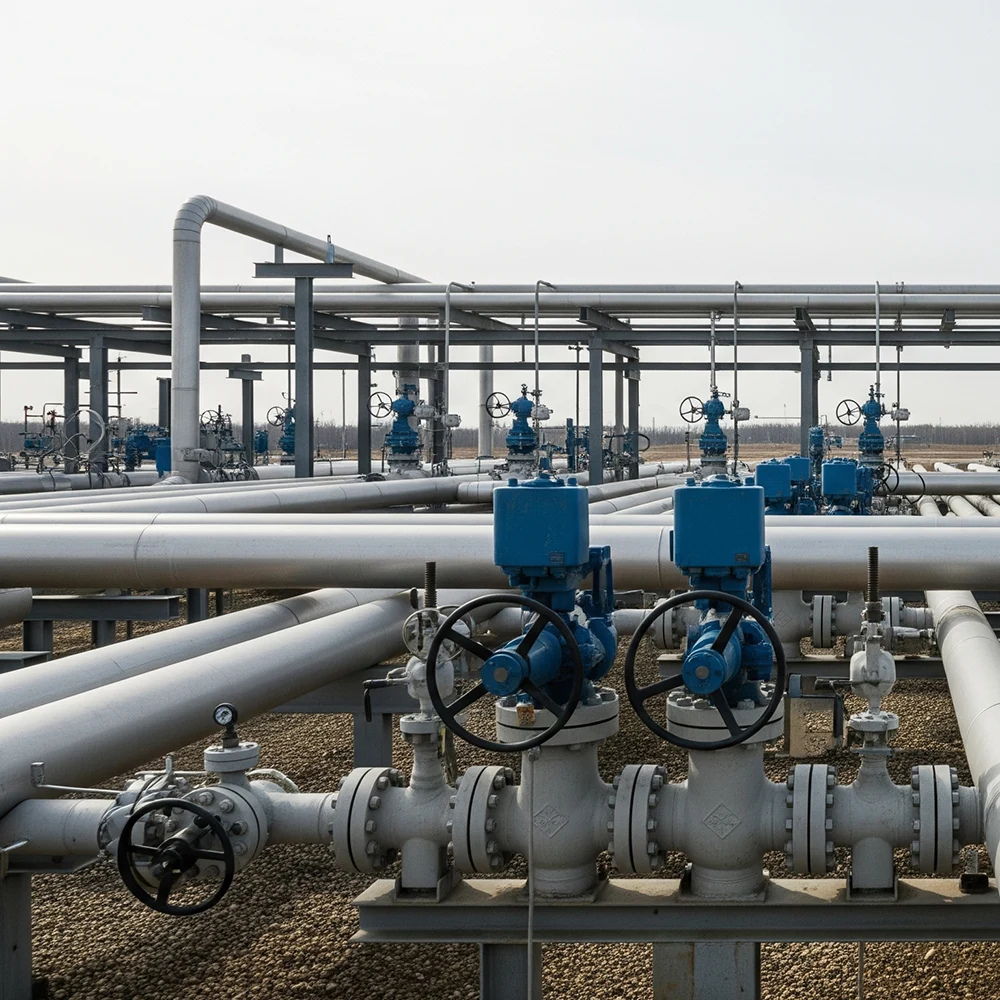
Ask
Special Rubber
Special Rubber can support clients in the R&D phases of products and materials, project development, consulting, product design, and co-design. We offer a wide range of certified or certifiable compounds and materials for the relevant sector, thanks to partnerships with qualified suppliers. Additionally, we assist clients throughout all stages of certification and approval of the finished product with laboratories and third-party organizations.
Components for contact with oil, gas, and drinking water are essential in numerous industrial sectors. Choosing the right materials, complying with safety regulations, and withstanding extreme conditions are crucial to ensuring the safety and reliability of systems and facilities. Investing in certified, high-quality products not only helps optimize system performance but also ensures compliance with environmental and safety standards required by international regulations.

